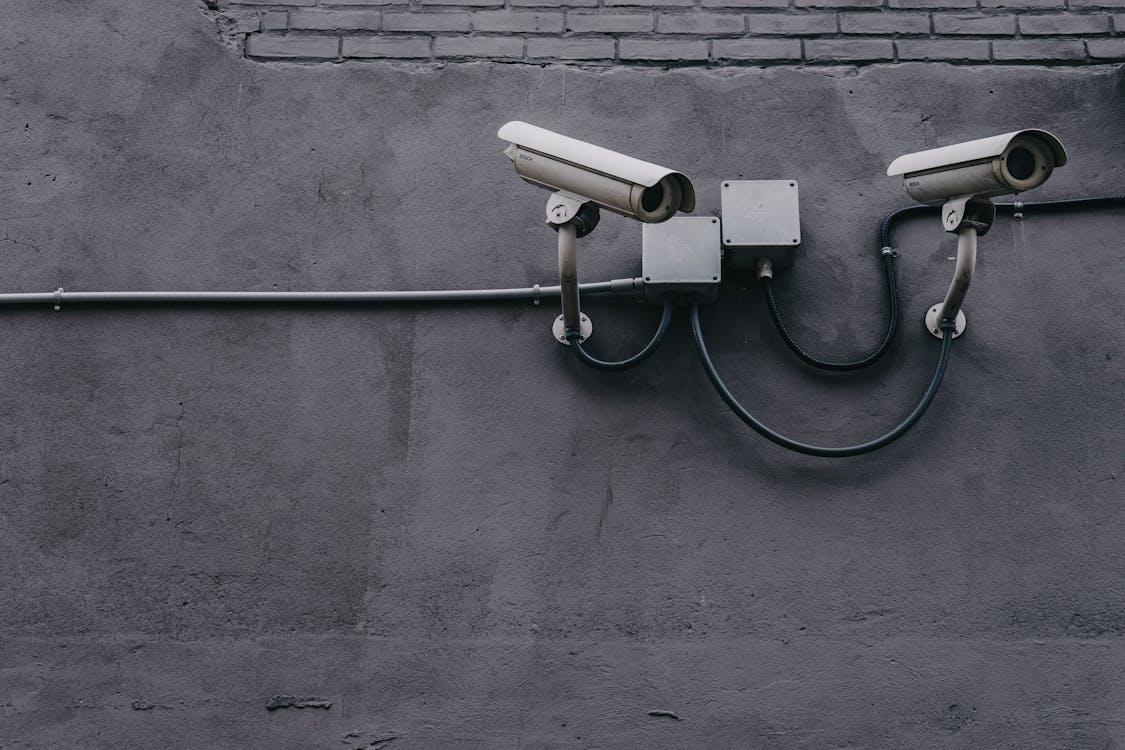Can Cryptocurrency Be Stolen?
Author: ChatGPT
February 25, 2023
Introduction
Cryptocurrency has become increasingly popular in recent years, with more and more people investing in digital currencies like Bitcoin, Ethereum, and Litecoin. But with the rise of cryptocurrency comes the risk of theft. So can cryptocurrency be stolen? The answer is yes, but there are ways to protect yourself from theft.

How Can Cryptocurrency Be Stolen?
Cryptocurrency can be stolen in a variety of ways. One of the most common methods is through phishing scams. Phishing scams involve sending emails or messages that appear to come from a legitimate source, such as a bank or cryptocurrency exchange, but are actually from a malicious actor trying to steal your personal information or funds. Other methods include malware attacks, which involve malicious software that can steal your private keys or passwords; social engineering attacks, which involve manipulating people into giving up their personal information; and hacking exchanges or wallets, which involves gaining access to an exchange or wallet and stealing funds stored there.

What Are the Risks of Having Your Cryptocurrency Stolen?
The risks of having your cryptocurrency stolen are significant. If someone gains access to your private keys or passwords, they can easily transfer your funds to their own wallet without you ever knowing it happened. This means you could lose all of your funds in an instant if you’re not careful. Additionally, if someone gains access to your personal information (such as your name and address), they could use it for identity theft or other fraudulent activities.
How Can You Protect Yourself From Having Your Cryptocurrency Stolen?
Fortunately, there are steps you can take to protect yourself from having your cryptocurrency stolen. The first step is to make sure you’re using secure passwords and two-factor authentication whenever possible. Additionally, it’s important to use a reputable exchange or wallet provider that has strong security measures in place (such as cold storage). You should also avoid clicking on links in emails or messages that appear suspicious and never give out your private keys or passwords to anyone else. Finally, it’s important to keep track of any transactions you make so that if something does happen you can quickly identify where the problem occurred and take action accordingly.

Conclusion
Cryptocurrency can be stolen if proper security measures aren’t taken by the user. However, by following best practices such as using secure passwords and two-factor authentication as well as avoiding suspicious links and never giving out private keys/passwords, users can greatly reduce their risk of having their cryptocurrency stolen.


How Long Does It Take To Sell Stock And Get Money?
Discover the answer to one of the most frequently asked questions in the world of finance - learn how long it takes to sell stock and receive your earnings.

What Are High Dividend Stocks?
Discover how investing in high dividend stocks can potentially provide a steady income stream and increase your long-term returns in the stock market.

Are Data Science And Machine Learning The Same?
Data science is a field of study that focuses on extracting insights from large amounts of data. It involves using various techniques such as machine learning, natural language processing, statistics, and data mining to analyze data sets and uncover patterns or trends.

Are Remarkable Tablets Worth It?
Are you looking for a device that can replace your notebooks and printed documents? If so, you may have heard of the reMarkable 2 tablet.
